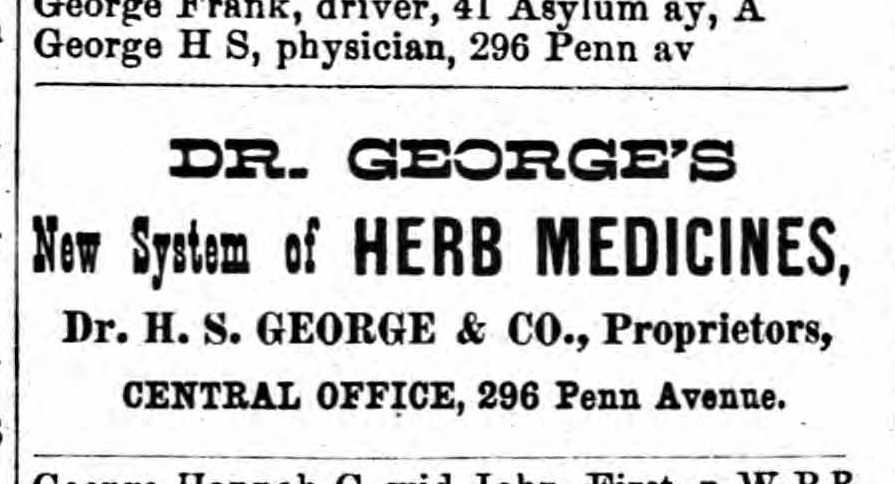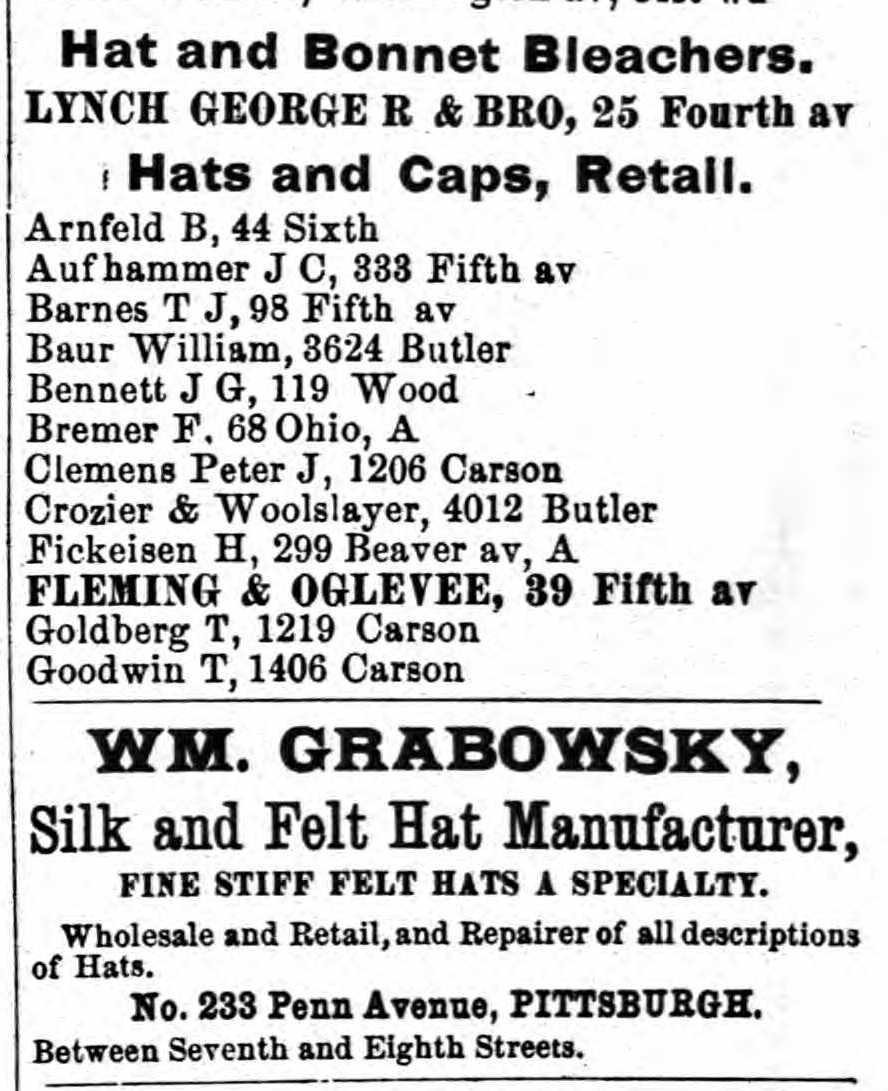As writers of historical fiction, we strive to make the past come alive for our readers. Historical fiction creates a special contract between author and reader. The author is expected not only to create convincing characters, but to have deep knowledge of the culture and daily life of the times.
It’s not an easy task, but I’ve recently discovered a fun way to immerse myself in the world of the nineteenth century: perusing city directories from a century ago. Historical city directories are available in many library reference rooms, but better still are readily accessible online through historical society webpages, Google Books, Family Search, Ancestry, and other websites.
One might ask, “The people listed in this directory have long since passed on to their reward. I can’t even drop in for a chat and a cup of tea. What use are names and addresses from 1856?”
Of course names and addresses in themselves provide useful information for a writer. Which sorts of names were popular in that time and place? There are fewer Mabels and Clementines running around today. Where did one go shopping for certain items? Who lived in private residences, usually marked by “house” or an “h,” and who lived in a boarding house, marked with “bds,” one quick distinction between the higher classes and the lower?
That is just the beginning of the delights within the yellowed pages of a city directory, however. Let’s take a look at The York Gazetteer and Business Directory from 1856. This compendium contains historical sketches, lists of churches, clubs, post offices, schools, and merchants, “together with interesting miscellaneous articles and useful receipts” and, naturally, an abundance of advertisements.
The entries for service providers alone provides an enlightening portrait of commerce in a Pennsylvania town in the 1850s. Starting with “Attorneys,” highlights of the list include:
Blacksmiths
Coal Dealers
Daguerreotypists
Gentlemen–And as such follow no particular occupation.
Hatters
Inn Keepers
Laborers
Limeburners
Livery Stables
Laborers
Saddlers
Sausage stuffer [only one listed]
Soap and Candle Manufacturers
Turners
Wagonmakers
Whip Manufacturers
(The York Gazetteer and Business Directory, 1856 (York, PA: John Denig, Book Agent, 1856); “U.S., City Directories, 1822-1995,” Ancestry.com, p 17-27, image 19-29.)
[The York Gazetteer and Business Directory, 1856, p. 30, image 32.]
My favorite discovery in this directory is the “Horse Thief Detecting Society of York County.” Am I too far gone in historical research to think that would make a good title for a story? In its day, the society served a useful purpose. What else was to prevent an unethical fellow from riding off with your horse one dark night and quickly selling or trading the animal to an unwitting new owner? Founded in 1850 for members who lived within a 12-mile radius of the Borough of York, the society and others in the surrounding area helped members in the recovery of a horse or paid for a new horse from the insurance fund created by the annual dues. Members were required to brand their horses with the society’s brand. As we see from the clipping at the top of this post, the president of the Paradise Horse Thief Detecting Society, a township close to York, placed a notice for a decent reward in the York Gazette. “$25 Reward,” York Gazette, 7 May 1872, p. 3; Newspapers.com)
By the 1920s, horse thief detection societies were disbanding due to the popularity of automobiles—which required their own more complex form of insurance. The dues that had accrued over the years were divided among the remaining members who owed their windfall to their thrifty ancestors. The 125 members of the Glen Rock society received $15.56 each in 1926, the year my father was born in York City. (“Horse Thief Detecting Society Will Liquidate–$1,945 in treasury,” York Dispatch, 6 Dec 1926, page 16; Newspapers.com)
Speaking of family addresses, let’s take a peak at the 1881 directory for the thriving industrial city of Pittsburgh, Pennsylvania. Note the advertisement for the services of my great-grandfather, Dr. Henry S. George. His office on Penn Avenue—the Park Avenue of Pittsburgh—marked the high point of his flamboyant career. [J.F. Diffenbacher’s Directory of Pittsburgh and Allegheny Cities 1881-1882 (Pittsburgh, PA: Diffenbacher & Thurston, 1881); “U.S. City Directories, 1822-1995,” Ancestry.com, p. 304, image 158]
It is amusing to find ancestors listed in old directories, but again, one can also get a real sense of city life in the 1880s. For example, if we turn to the list of businesses, we see that the listings for “Saloons” take up nine pages, from page 894-903, a testament to the thirst of Pittsburgh’s workingmen. In other words, there was a whole lot of boozing going on in Pittsburgh!
For me, leafing through these pages—or the equivalent via computer screen–feels like strolling down the streets of the Steel City in 1881. Do I need my bonnet bleached at George R. Lynch and Bros. on Fourth Street? Or shall I grab a fine stiff felt hat at Wm. Grabowsky’s establishment on tony Penn Avenue, where my great-grandfather likely shopped to show he wore only the best? (Directory of Pittsburgh and Allegheny Cities 1881-1882, p. 863, image 445)
As my imagination wanders apace, I stop in on the sausage stuffer and daguerreotypist and perhaps I encounter a gentleman with no particular occupation but the leisure to make mischief with a lady whose bonnet is impeccably bleached.
Before I know it, the past has come alive before my eyes, full of stories to dazzle and delight, all from the pages of directories of centuries past.
Write on!







What a fun post, Donna!
I agree, “Horse Thief Detecting Society of York County” would make a fabulous title for a short story. Or even on of those cozy mysteries that seem to be so popular lately.
Pittsburgh was still a thirsty town, when I lived there during grad school And beer was incredibly cheap.
Thanks for the walk through the past.
Glad you enjoyed the journey, Lisabet! I also lived in Pittsburgh for a few years–I’m sure it will always be thirsty 🙂